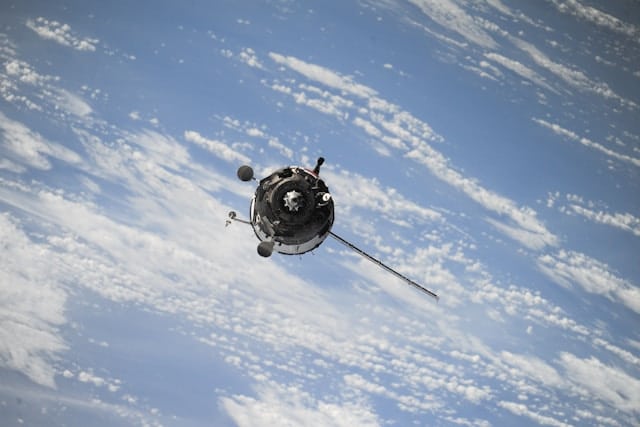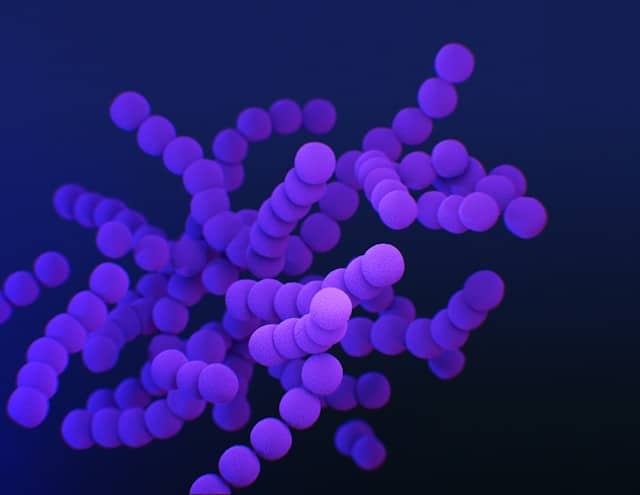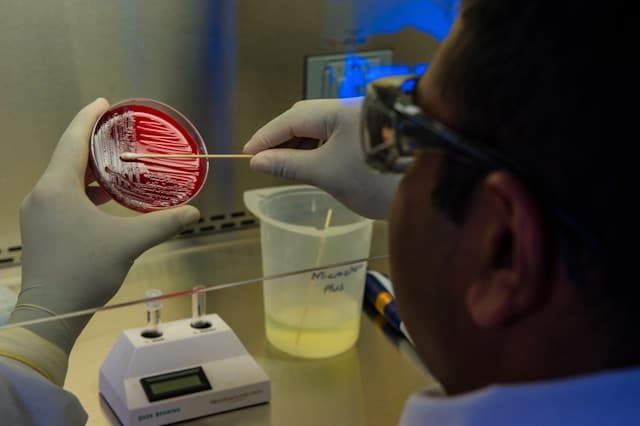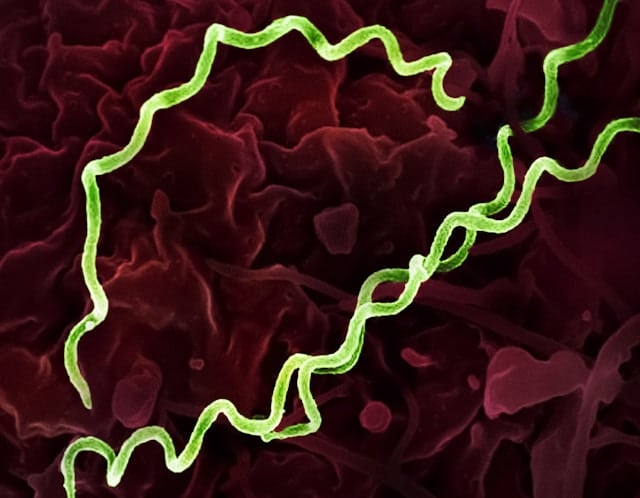It might sound like a science fiction plot, but bacteria on the International Space Station (ISS) have recently mutated in ways never seen before. The ISS, often imagined as a sterile environment, is far from bacteria-free. This unexpected mutation could pose serious risks, especially for astronauts on board.

Humanity has been exploring space for 75 years, launching countless objects and, inadvertently, bacteria. In 2023 alone, 2,644 objects were sent into orbit, carrying various microbes. While most bacteria are harmless, certain strains like Enterobacter bugandensis are more concerning. Notably, this exact strain was found on the ISS in 2018, highlighting a potential risk to astronauts.
During initial studies, five strains of Enterobacter were identified, and further research revealed eight additional strains. These strains, known for causing severe infections, were resistant to multiple antibiotics. Usually, common microbes play a beneficial role on the ISS, helping maintain astronauts’ health. But when harmful bacteria mutate, it raises significant safety concerns. Researchers noted that some genes were unique to the ISS environment, suggesting a distinct evolutionary path.

The ISS is a tightly regulated environment, with microgravity, high CO2 levels, and strong solar radiation. Despite these controls, some microbes still adapt and mutate. Scientists believe that weightlessness might accelerate these changes, making bacteria more resistant to antibiotics. These mutations can happen rapidly or through horizontal gene transfer, where bacteria share genetic material.
Experts suggest that Enterobacter bugandensis adapted to its space habitat, making it distinct from Earth-based versions. A 2024 study categorized it as an “opportunistic pathogen,” meaning it typically affects individuals with weakened immune systems. While it may not harm a healthy person on Earth, astronauts, who often experience immune system changes in space, may be at greater risk.

This study aims to understand how space affects bacterial mutation, as it could pose serious health risks for astronauts. Researchers observed that Enterobacter species can act as opportunistic pathogens, leading to infections such as bacteremia, respiratory tract infections, sepsis, and urinary tract infections, particularly in vulnerable hosts.
The researchers believe that space’s unique conditions, unlike anything on Earth, could be driving these genetic changes. Understanding this process could offer insights into managing pathogenic threats in the ISS’s microbial ecosystem, potentially helping to keep astronauts safe from infections.

The discovery of mutating bacteria on the ISS highlights the unique challenges astronauts face in space. While bacteria on Earth are well-studied, space introduces new environmental factors like microgravity and radiation that can drive rapid microbial adaptation. Harmful strains, like Enterobacter bugandensis, pose a particular concern, especially for astronauts whose immune systems weaken over time.
